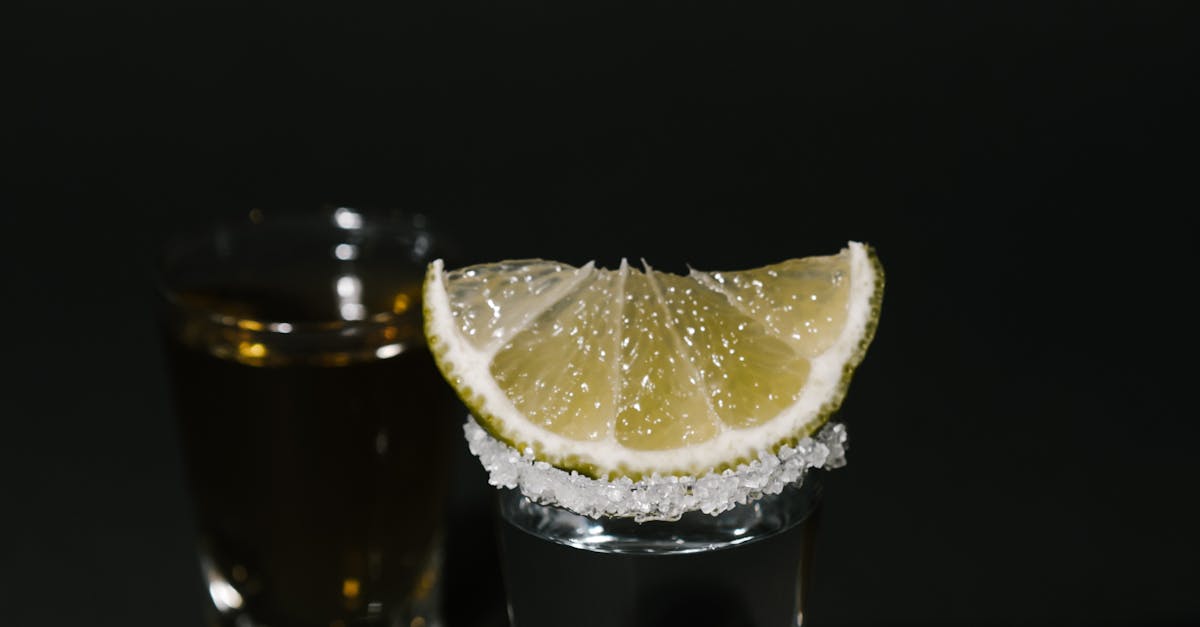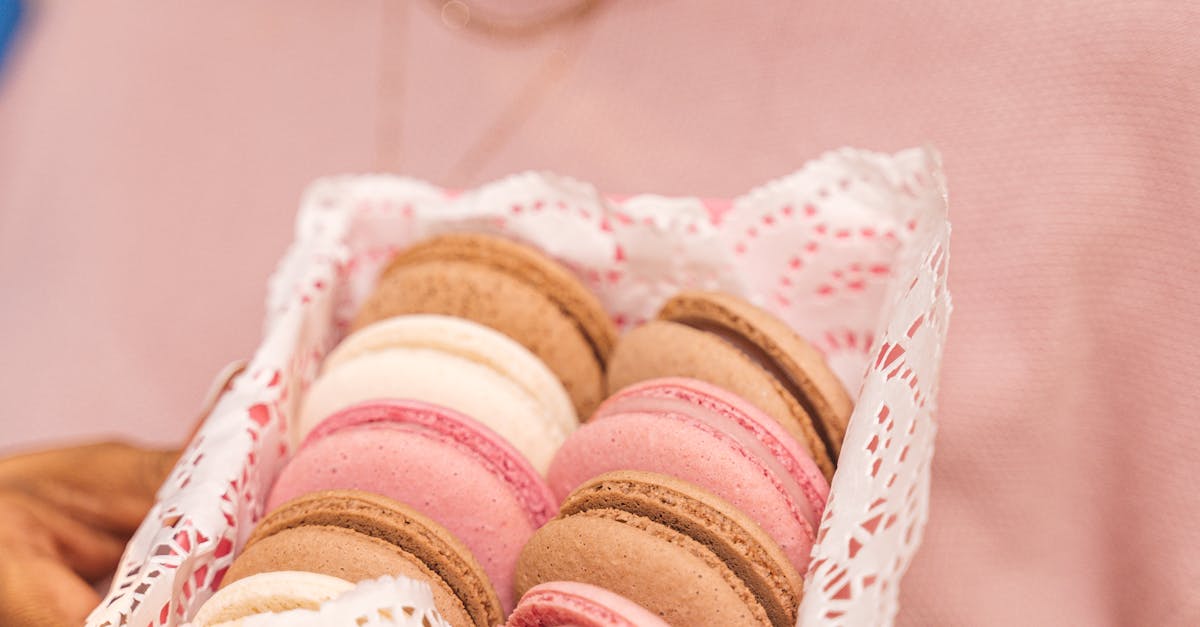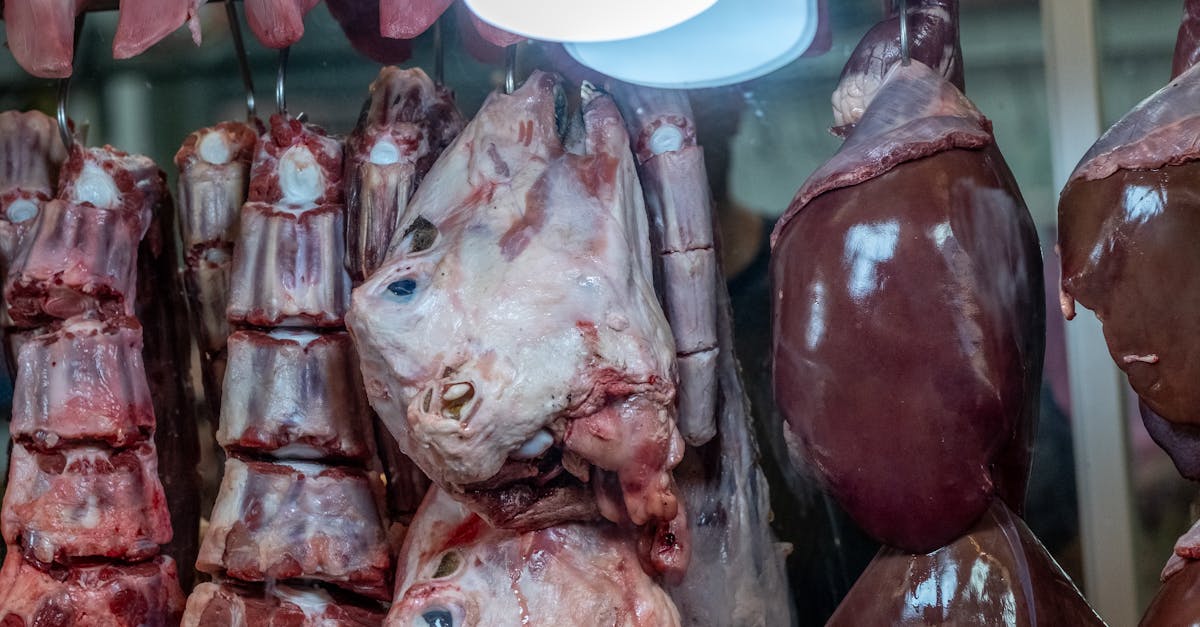
Best Wood For Cutting Board Durability
- October 01, 2024
- 4 min Read
- Views 585
Best Wood for Cutting Board Durability
Choosing the best wood for cutting board durability is a key factor for anyone passionate about cooking or professional chefs who spend a significant amount of time in the kitchen. A durable cutting board not only enhances your cooking experience but also ensures that your knives stay sharp longer and remains free from harmful bacteria.
Top Choices for Durable Cutting Boards
When considering the best wood for cutting board durability, there are a few key species that stand out. The most favorable types include maple, walnut, cherry, and teak. Each type has unique properties making them suitable for different cutting board applications.
Maple Cutting Boards
Maple is often regarded as one of the best wood for cutting board durability due to its hardness and tight grain structure. It is also widely available and reasonably priced. The natural antimicrobial properties of maple wood make it an excellent choice for food prep.
Pros:
- Hard enough to withstand regular use without damaging knives
- Tight grain structure prevents absorption of bacteria and food particles
- Widely available and affordable
Cons:
- Requires regular maintenance to keep in good condition
- Can be heavy and difficult to maneuver
Walnut Cutting Boards
Walnut is another top contender when it comes to the best wood for cutting board durability. It has a rich, dark appearance that adds elegance to any kitchen. Walnut boards are resilient, offering decent resistance to scratches while being gentle on knives.
Pros:
- Beautiful dark grain that compliments any kitchen decor
- Gentle on knives while still offering durability
- Inherent antibacterial properties
Cons:
- More expensive compared to other woods
- Requires regular oiling to maintain its luster and condition
Cherry Cutting Boards
Cherry wood is a bit softer compared to maple and walnut, yet it offers one of the best combinations of durability and aesthetics. Cherry cutting boards often darken with age, adding to their charm. They are easy on knives and offer a smooth cutting surface.
Pros:
- Soft enough to protect knife edges while still durable
- Beautiful reddish hue that darkens over time
- Offers a smooth, tactile cutting surface
Cons:
- More prone to dents and scratches
- Requires frequent maintenance to retain its appearance and condition
Teak Cutting Boards
Teak is renowned for its natural oils that offer resistance to moisture and bacteria, making it one of the best wood for cutting board durability. It's harder than walnut but not as hard as maple, providing a good balance for cutting board applications. Its natural oils make it resistant to warping and cracking.
Pros:
- Natural oils that resist moisture and bacteria
- Resistant to warping and cracking
- Beautiful appearance with a range of brown shades
Cons:
- Generally more expensive compared to other types of wood
- Can be heavy and harder to maneuver
Guide to Choosing the Best Wood for Cutting Board Durability
To choose the best wood for cutting board durability, consider the following steps:
- Assess Your Kitchen Needs: Determine how frequently you'll use the cutting board and the types of knives you'll be using.
- Choose Hardness: Opt for a wood that is sufficiently hard to endure regular use without damaging knives.
- Consider Maintenance: Ensure that you are comfortable with the level of maintenance the wood requires, such as oiling and cleaning.
- Check for Antibacterial Properties: Choose wood with natural antibacterial properties to maintain hygiene.
- Visual Aesthetics: Select a wood that complements your kitchen decor and personal taste.
FAQs on Best Wood for Cutting Board Durability
Q: How do I maintain my wooden cutting board?
A: Regularly oiling with mineral oil or beeswax and cleaning promptly after use can maintain its condition.
Q: Can wooden cutting boards harbor bacteria?
A: While wooden boards have natural antimicrobial properties, regular cleaning and maintenance are crucial to keep them safe.
Q: Are harder woods better for cutting boards?
A: Harder woods like maple and teak provide greater durability but can also be harsher on knives. A balance of hardness and gentleness on knives should be considered.
Tags
Best wood for cutting board durability, durable cutting boards, maple cutting boards, walnut cutting boards, cherry cutting boards, teak cutting boards, wooden cutting board maintenance, kitchen cutting board, cutting board types.
References
People Also View
-
1October 03, 2024
-
2October 09, 2024
-
3October 01, 2024
-
4October 01, 2024
-
5October 14, 2024
Categories
- Near Me 2147 Posts
- How To 548 Posts
- Where To 257 Posts
- Why 90 Posts
- How Much 97 Posts
- Travel 202 Posts
- Food And Drink 815 Posts
- Shopping 797 Posts
- Lifestyle 1050 Posts
- Automotive 364 Posts
- Digital Income 70 Posts








